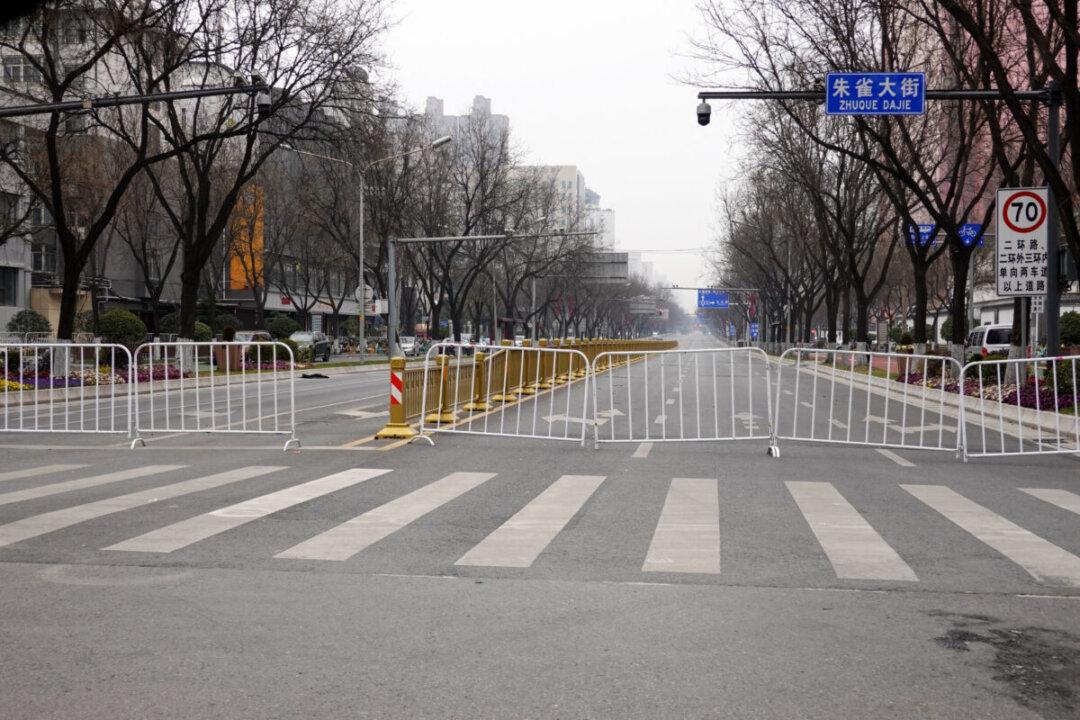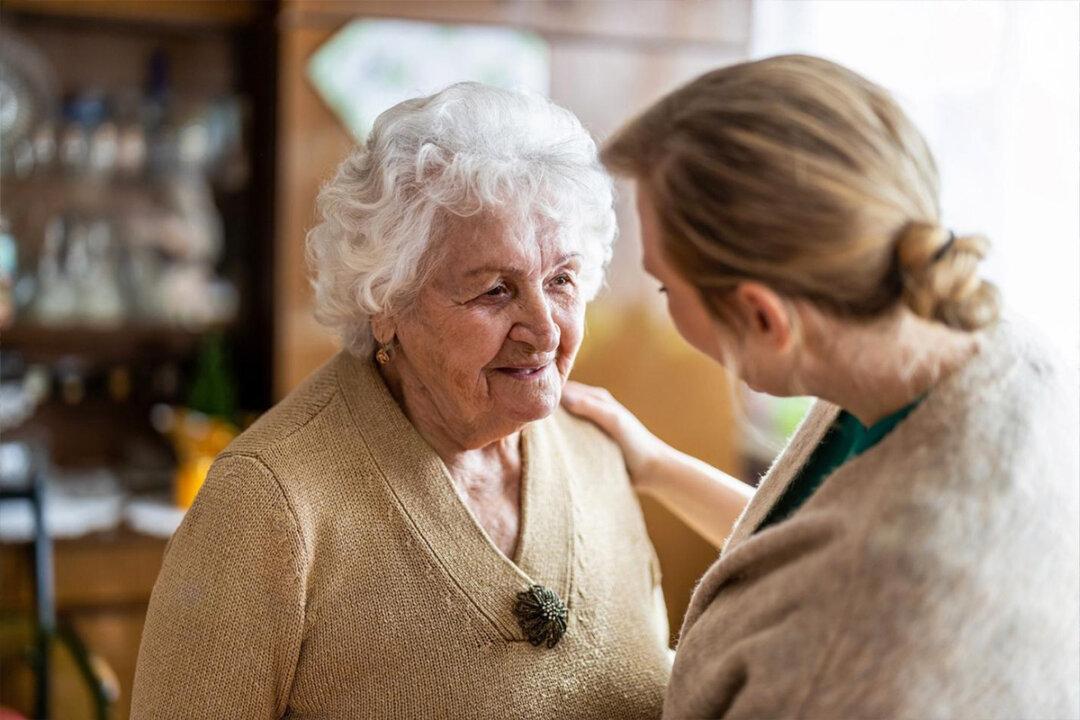Chinese residents in Xi’an city continue to seek outside help since China’s anti-COIVD-19 policy staged a stringent lockdown, causing food scarcity for more than twenty days.
According to a Jan. 11 report in the state-run China Youth Daily, 62-year-old decoration worker Liang Yanping from Hubei and his workmates, after the sudden lockdown in Xi’an, were isolated in an unfinished house without heating, a stove, or any furniture. They survived three weeks of freezing during the coldest time of the year on only three boxes of instant noodles. The report commended the workers for being the “loveliest people” who did not cause any trouble for Xi’an, and only asked for a meal at the New Year festival.
The report also indirectly confirmed the difficulty of accessing medical treatment during the lockdown through another citizen’s inability to go to the hospital for a sudden bone dislocation.
The Washington Post reported on Jan. 5 that a bleeding pregnant woman sat at the entrance of Xi’an Gaoxin Hospital waiting for medical treatment and finally miscarried because she did not receive timely treatment.
Ms. Le, a resident in Yangjiacun community of Yanta district in Xi'an city, told Chinese-language Epoch Times, “we can never see [vegetable delivery by the authorities] … we were given a phone number of a vegetable deliverer, but “it [the phone] was always turned off and didn’t get through.”





